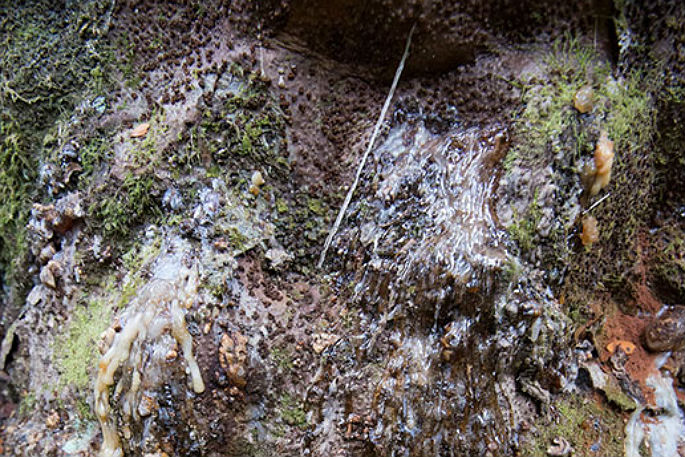The Department of Conservation has begun its programme of upgrading tracks in the Kaimai Range to help prevent the spread of kauri dieback.
Tuahu East Track is one of 200 tracks in the region that's been identified for upgrade and will be closed on October 25 while contractors complete the works, which is expected to take six weeks to complete.
There will be signage at the track entrance and notifications posted on the DOC website to keep the public informed.
'I'm happy to announce the start of work to safeguard our kauri forest in the Tauranga area,” says DOC Operations Manager Jeff Milham.
'We are grateful for the public's support and co-operation while the Tuahu track is closed for six weeks.”
Kauri dieback is caused by microscopic spores in the soil that infect kauri roots, stopping the flow of nutrients to the tree. Eventually the infected tree starves to death. The disease can be spread if someone walks through mud containing spores and carries the contaminated mud on their footwear to another kauri forest.
The range of work to mitigate the kauri dieback risk includes building boardwalks, improving drainage and installing geoweb. Geoweb has plastic, honeycomb-like cells which are filled with lightly compacted bark and gravel, allowing kauri roots to grow freely.
Jeff says kauri is a taonga, or sacred, species.
'By making sure your shoes and gear are clean before entering kauri forests you become a part of the solution to kauri dieback.”
The multi-agency Kauri Dieback Management Programme is continuing research into the origin of the disease, its spread and new ways to detect its presence.



0 comments
Leave a Comment
You must be logged in to make a comment.